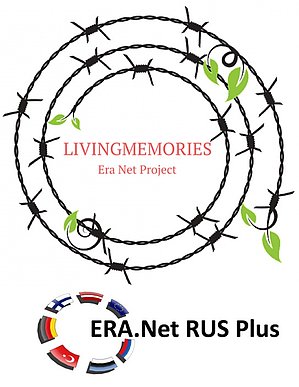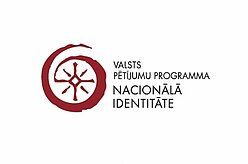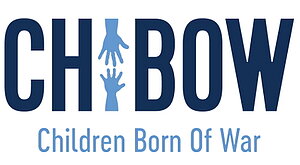
ERA.NET RUS PLUS project “Living Together with Difficult Memories and Diverse Identities” (LIVINGMEMORIES)
Project “Living Together with Difficult Memories and Diverse Identities” (LIVINGMEMORIES) is implemented in the program ERA.NET RUS PLUS (EU-FP7). It is an interdisciplinary social science and humanities project, which focuses on problematic social memory, as well as on the imprints of conflicts and protest movements on memory and identity. It is European Union’s 7th Framework Program, which focuses on the promotion of European Union member state scientific cooperation with Russian scientists. The leading partner of the project is University of Helsinki (Finland) and members include the University of Latvia, Perm National Polytechnic University (Russian Federation), University of Tartu (Estonia), Goethe University of Frankfurt am Main (Germany) and Koç University in Istanbul (Turkey).
Project LIVINGMEMORIES at the University of Latvia is implemented by the Social Memory Research Centre. Project coordinator is Professor, Dr. hist. Vita Zelče. Researchers involved in the working group are Dr. sc. comm. Laura Ardava, Dr. sc. comm. Didzis Bērziņš, Dr. soc. sc. Jurijs Ņikišins and Dr. art. Zane Radzobe, Mg. soc. sc. Sanita Burķīte and Mg. soc. sc. Aija Rozenšteine. The main objectives of the project “LIVINGMEMORIES” are related to the exploration of the different national memory and identity narratives and their comparative analysis, as well as creations of interdisciplinary methodology for research of memory, conflicts and protest movement interaction. The project will last two years. Within the project researchers of partner universities prepare collective monographs and scientific articles in the international and local journals and develop recommendations for the improvement of memory politics.
Project page: www.livingmemories-era.net
Project “Social Memory and Identity,” National Research Programme “National Identity”

Within the framework of the project, research was carried out on the sensitive issues of the past (occupation, the World War II, the Holocaust, repressions, Latvia’s Third Awakening, etc.) in national identity and social memory, the role of history and social memory in the identity of Latvian ethnic groups, the effects of historical politics, mass and commemorative events were analyzed to national identity and social memory. The essential goals of this project were the promotion of the availability and applicability of research results in society and the promotion of the regeneration of young scientists. The results of the project consist of ten books, one audiobook and more than 30 articles.
Maria Sklodowska-Kiri innovative training network “Children born of war – past present, and future” (CHIBOW)

Children Born of War (CBOW) are children fathered by foreign soldiers and born to local mothers. The physical and social impact of armed conflict on children is immense; particularly so, if these children are associated with the “enemy”. In addition, evidence suggests that children born of war have been and continue to be a major obstacle to successful integration of both their mothers and themselves into post-conflict societies. Associated with CBOW are children fathered by peacekeepers. These are children born from relationships, both consensual and forced, between local mothers and peacekeeping fathers. Peacekeeper-fathered children and their mothers face specific challenges in post-conflict communities, including stigmatization, discrimination, and economic and social hardships. The aim of project is understanding of the challenges of CBOW in volatile societies will inform the normative debates and, ultimately, policies on the reintegration of CBOW into post-conflict societies.
The coordinator of the project "Children Born of War – Past, Present and Future" is the University of Birmingham (UK), and members include the University of Leipzig (Germany), the University of Augsburg (Germany), the University of Rouen (France), the University of Latvia, the University of Silesia in Katowice (Poland), the University of Klaipeda (Lithuania), the University of Greifswald (Germany), Jan Evangelista Purkyně University in Ústí (Czech Republic), the Ludwig Boltzmann Institute for the Research on Consequences of War (Austria), Psychotrauma Centre South Netherlands (Netherlands) and Utrecht University (Netherlands). Project partner organizations include GESIS Leibniz Institute for the Social Sciences (Germany), the ICON Institute (Germany), Facilitation for Peace and Development (Uganda), the BBC (United Kingdom) and the Russian State University for the Humanities. The "Children Born of War – Past, Present and Future" project is a part of the EU's “Horizon 2020” program.
Project website:https://www.chibow.org/


 Academic Centre
Academic Centre